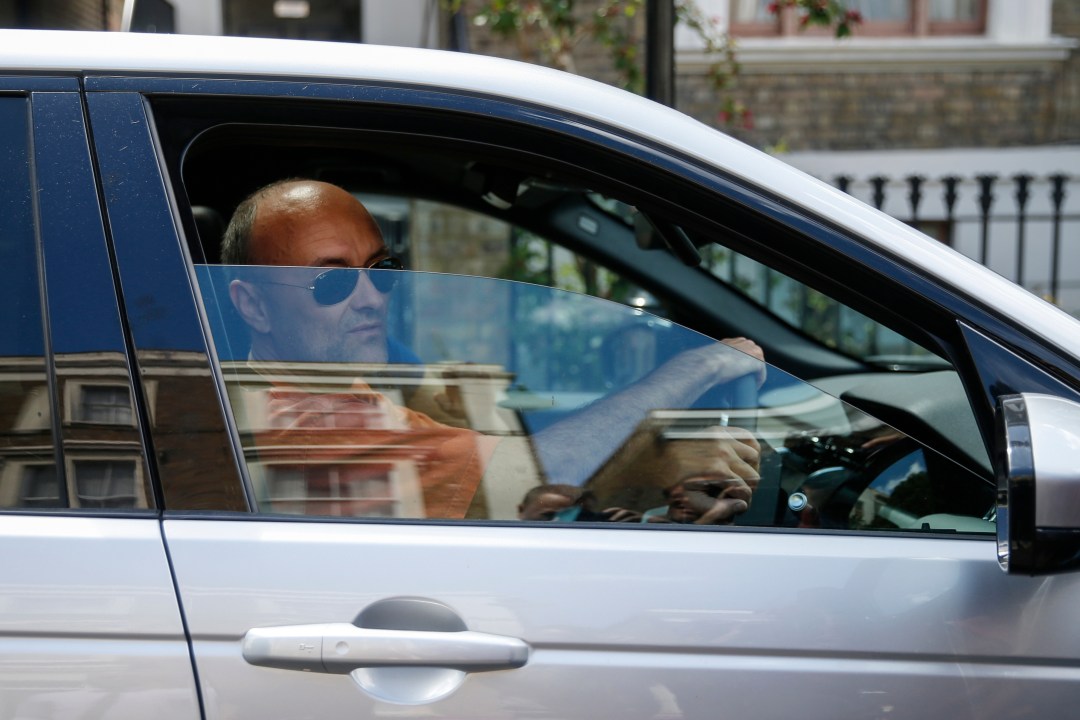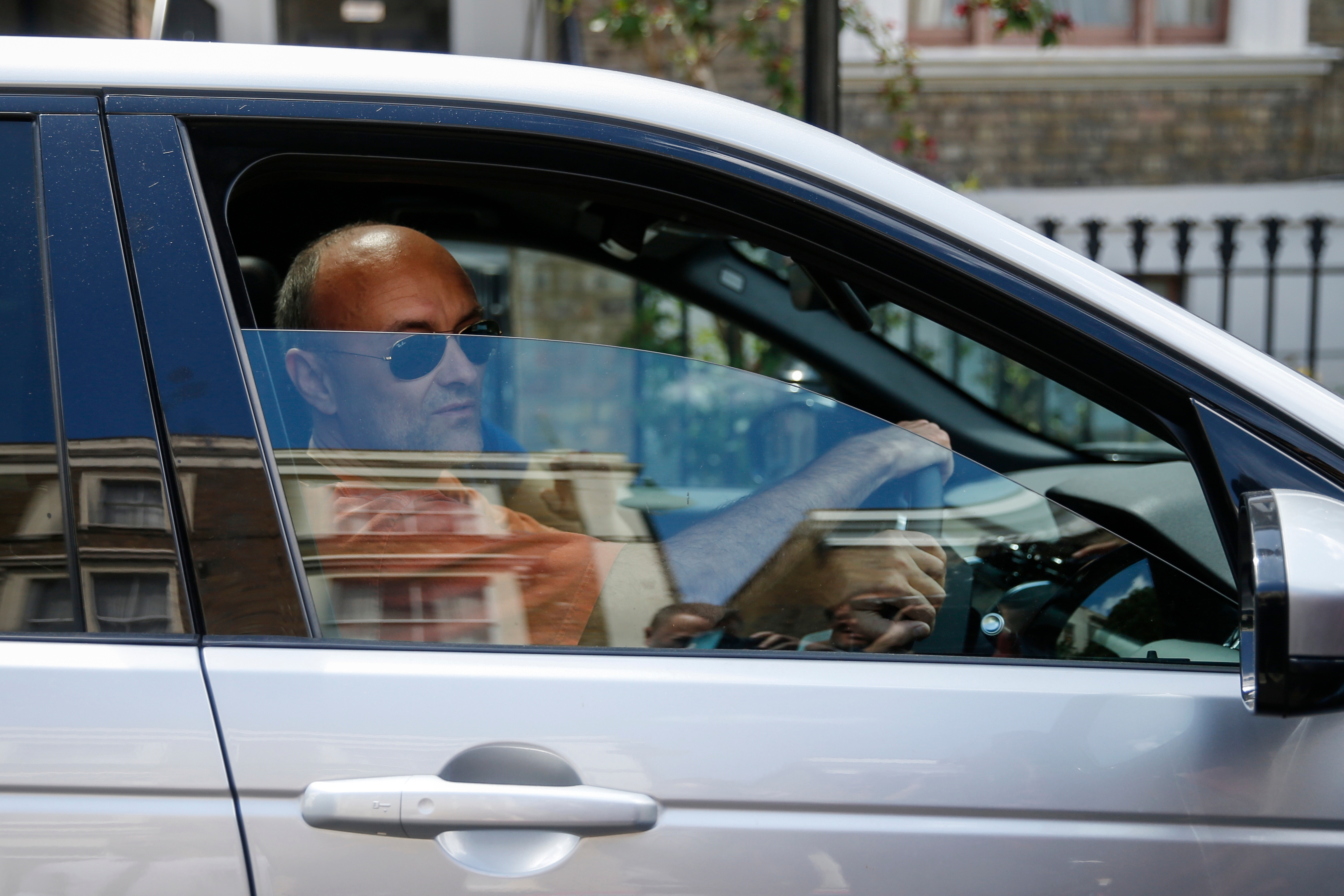As a lawyer, I am firmly against the politicisation of law. It is important to remember that we who serve justice do so for everyone – not merely for people we like or to advance political causes. ‘Lockdown’ has so far been three different legal regimes, and for ease, I’ll restrict myself here to the first one. Under that, we all had the power in reg. 6(1) to leave the house whenever we had a “reasonable excuse”. What it said was “During the emergency period, no person may leave the place where they are living without reasonable excuse”. What that means is: provided we had a reasonable excuse, we could leave the house.
It was not then for parliament to tell us what a reasonable excuse is. It is for the courts. So everything I am about to say is only my opinion, but I have spent some years wrestling with the question “what is reasonable?”.
The first place to look for help is in reg 6(2). Here parliament sets out some examples for what is reasonable. The most important thing to note is that that list is not definitive. It is not exhaustive. There are things that are not on that list which are still reasonable excuses to leave your home. Parliament has not here replaced the courts, it has given some guidance – but the power to decide whether Person X leaving the house was or was not reasonable lies with the judges.
Looking at reg 6(2), I think we see in 6(2)(d) an example which flatly supports Dominic Cummings: to provide care and assistance to a vulnerable person – his child. We also get guidance on other activities which were permitted – such as leaving to get money from a cash machine (6(2)(a)). The fact it was reasonable to leave to access paid childcare facilities is also a useful pointer – why would paid childcare be reasonable but unpaid unreasonable?
Another place to find guidance, although again, this is not definitive, is in public statements from the government. It is true to note the deputy chief medical officer on 24 March was asked a question relating to small children and said: “clearly if you have adults unable to look after a small child, that is an exceptional circumstance.” Perhaps this advice ought to have been published, to make it more easily found by parents in these circumstances, but the clarity of government messaging is not the same thing as clarity of the law.
The law often prioritises the needs of children and we see that in 6(2)(j) which allowed a child from separated households to travel between them; a very progressive piece of drafting which reflects life in Britain today.
Ultimately, if pursued, the question would be one for a judge. I would be very surprised if a judge concluded that two parents leaving their home with a vulnerable young child, in order to guarantee childcare in the foreseeable likelihood of both parents being ill with the virus (which went on to hospitalise the boss of the man in question) acted unreasonably.
This article is free to read
To unlock more articles, subscribe to get 3 months of unlimited access for just $5








Comments
Join the debate for just £1 a month
Be part of the conversation with other Spectator readers by getting your first three months for £3.
UNLOCK ACCESS Just £1 a monthAlready a subscriber? Log in